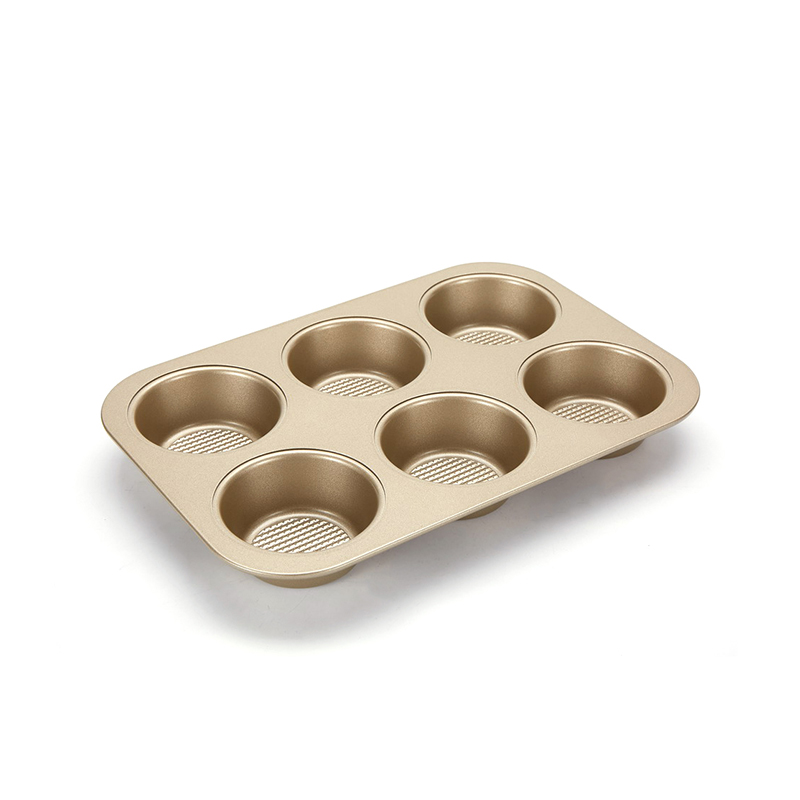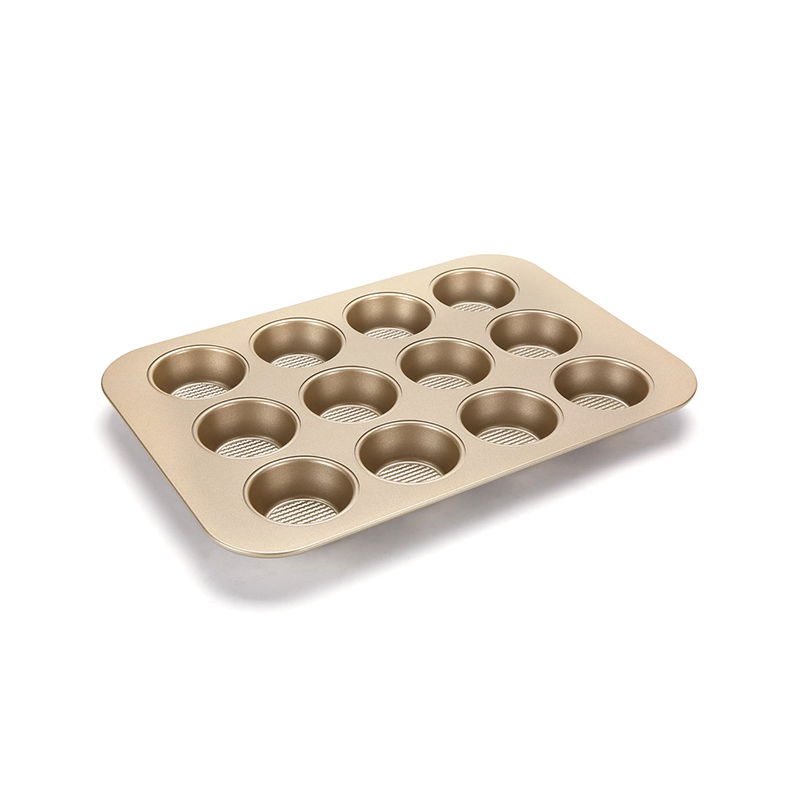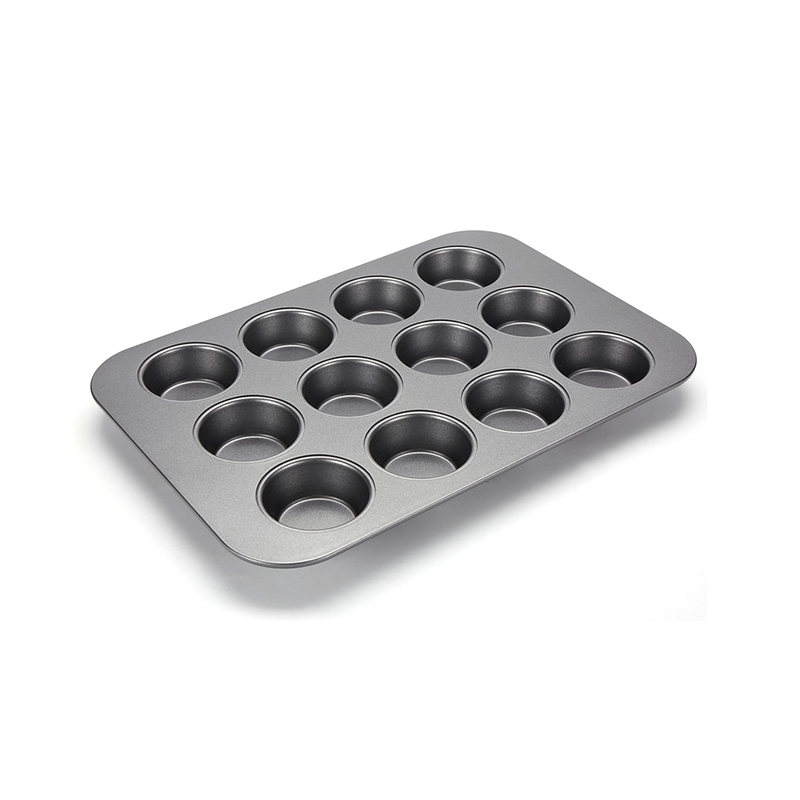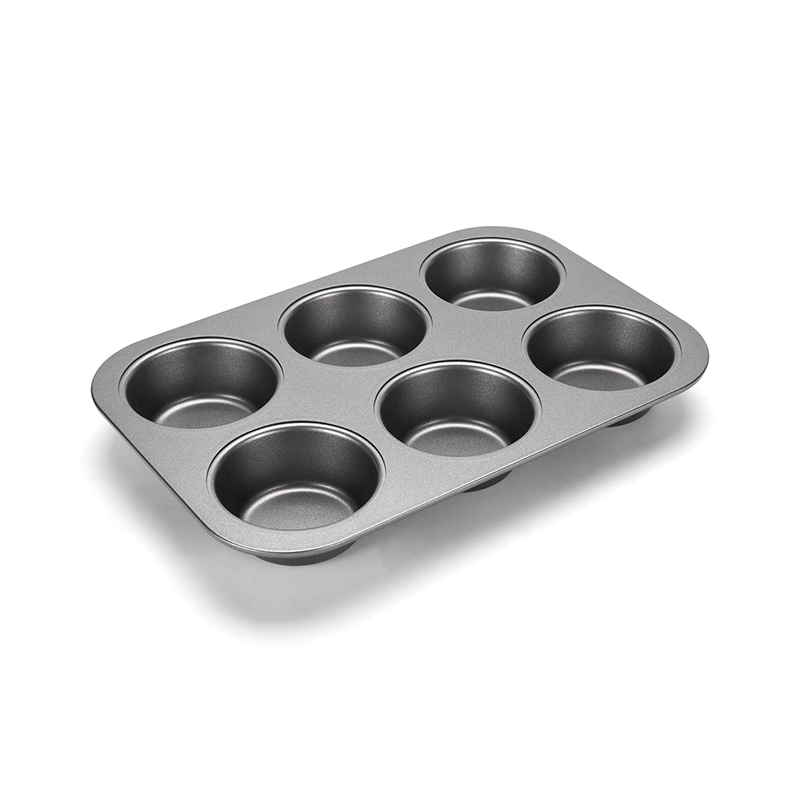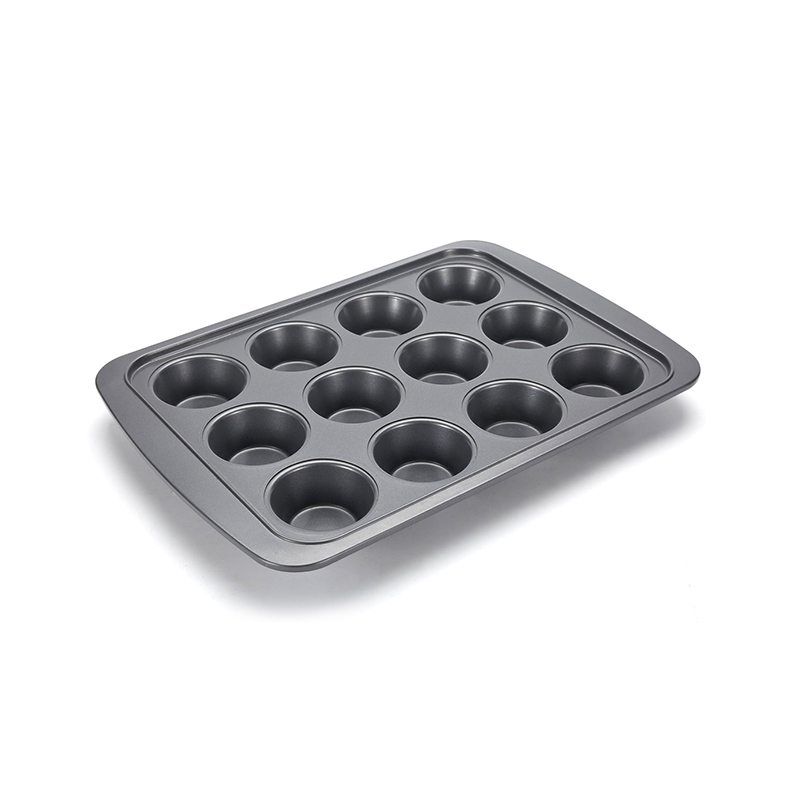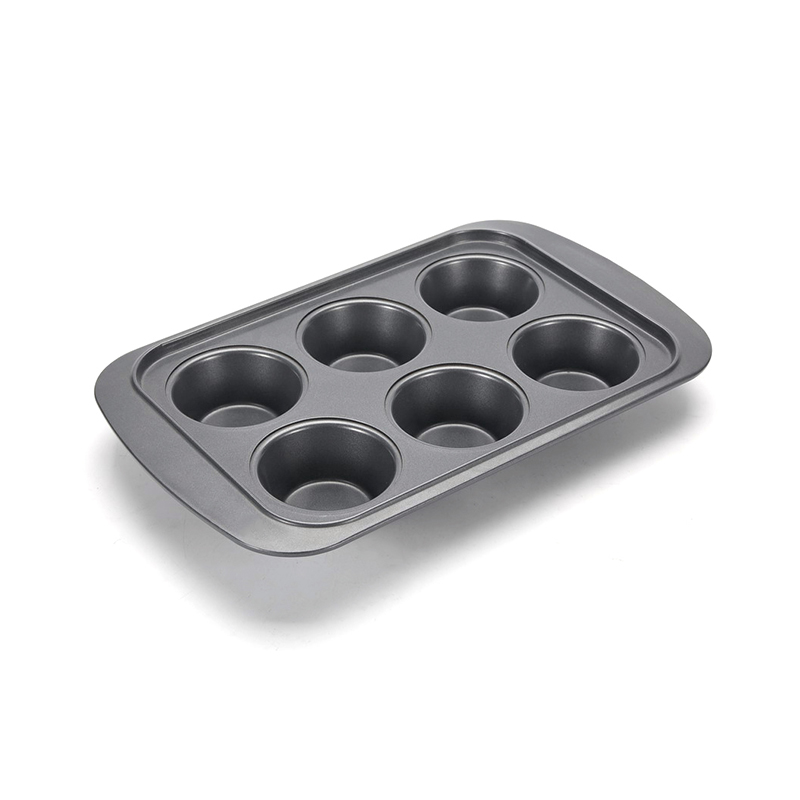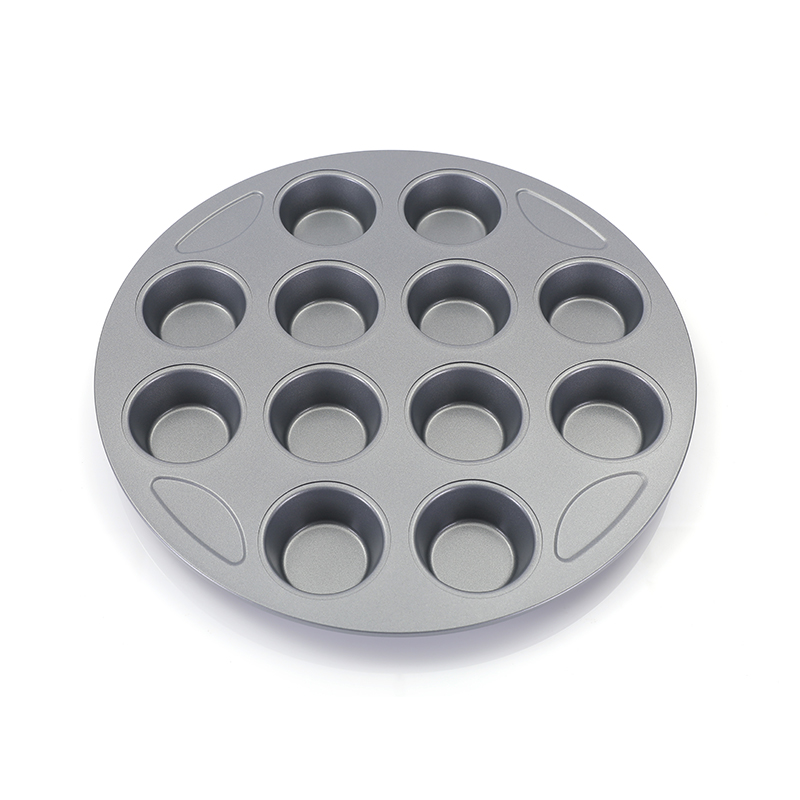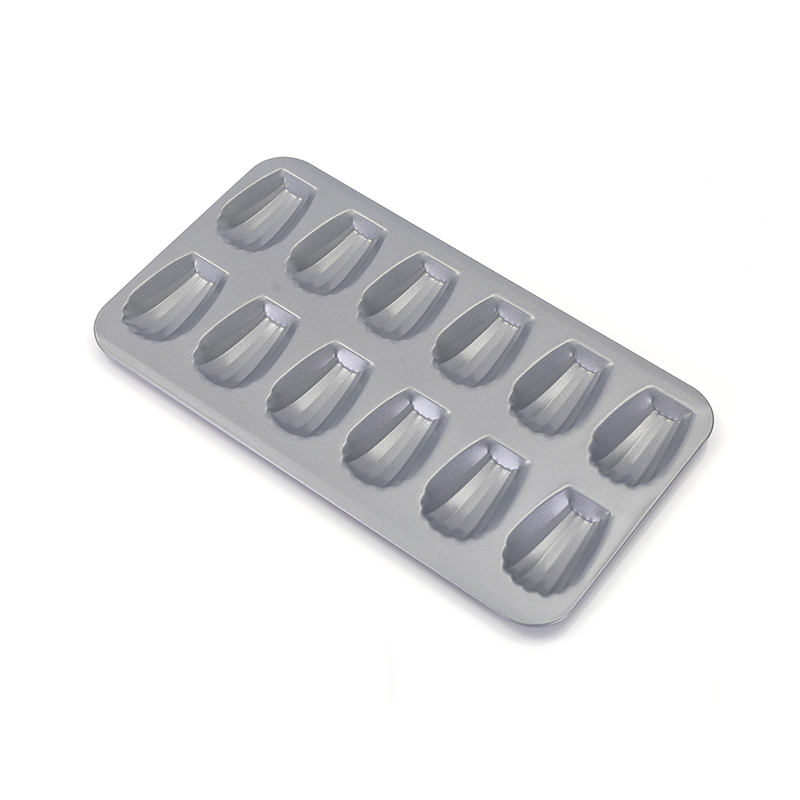Cake molds have long been a staple in both home kitchens and professional bakeries. These versatile baking tools are essential for creating a wide range of cakes in various shapes, sizes, and designs. Whether for simple cakes or intricate, decorative designs, cake molds provide bakers with the precision and flexibility they need to create impressive baked goods.
One of the key reasons for the increasing popularity of cake molds is their ability to cater to the growing demand for customized cakes. In recent years, consumer interest in personalized, themed cakes has surged, with people seeking unique designs for special occasions such as birthdays, weddings, and anniversaries. Cake molds are available in a vast array of shapes, from traditional round and square pans to more elaborate designs, including heart-shaped, floral, or even 3D molds. This versatility allows bakers to bring their creative visions to life, making cake molds indispensable for both amateur and professional bakers.
Material choice plays an important role in the performance of cake molds. Common materials include silicone, aluminum, and stainless steel, each offering distinct benefits. Silicone molds, for example, are particularly valued for their flexibility and non-stick properties, which make it easier to remove cakes without breaking or sticking. Aluminum molds are known for their ability to conduct heat evenly, ensuring a consistent bake. Stainless steel, while less common for cake molds, is sometimes used in professional kitchens due to its durability and ability to retain heat for uniform baking.
For professional bakeries and cake shops, cake molds are essential tools for creating high-quality, visually appealing products at scale. Large-scale bakeries often rely on molds that come in standardized shapes and sizes, ensuring uniformity across batches. This is particularly important for cakes sold in stores, where consistency in appearance and size is a key aspect of customer satisfaction. Additionally, commercial-grade cake molds are built to withstand frequent use, offering durability in high-volume production environments.
Cake molds are not just used for cakes; they also have applications in other baking areas. Some molds are designed for muffins, brownies, or even savory dishes like quiches. Their multipurpose nature makes them a valuable addition to any kitchen, whether professional or home-based. The variety of materials and designs available also means that there is a mold for virtually every type of recipe, ensuring that the end product has the right shape and consistency.
Because sustainability becomes a more significant factor for consumers, eco-friendly cake molds are gaining popularity. Manufacturers are responding by offering molds made from sustainable materials, such as BPA-free silicone and recyclable aluminum. These products appeal to environmentally conscious consumers who are looking to reduce their carbon footprint without compromising on quality or performance. Additionally, non-toxic, food-safe coatings have become a standard feature in many modern cake molds, ensuring that the products are safe for both consumers and the environment.
Looking to the future, the cake mold market is expected to continue growing as baking remains a popular hobby and profession. Innovations in materials, design, and functionality will likely lead to even more options for consumers and businesses alike.




 English
English  Deutsch
Deutsch  Español
Español 